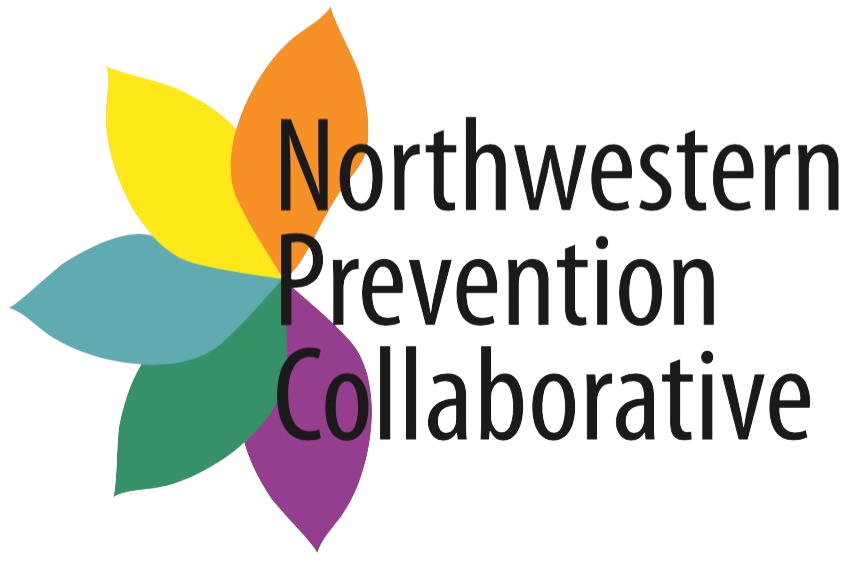We are constantly reminded of the importance of a healthy diet, physical exercise and proper rest. But, what about alcohol consumption? Whether you are competing at an Olympic level, casually exercising, or simply looking to improve your health, alcohol will have an impact. Alcohol negatively impacts performance due to its physical effects on the body and the adverse effects on brain function. Let’s take a deeper look…
Effects on Hydration:
It’s no secret that alcohol dehydrates the body. But, how does this affect training? Severe dehydration that results in more than a 2% loss in body weight increases the risk of nausea, vomiting, diarrhea, and other gastro-intestinal problems during exercise. Over half of the human body is made of water, so affecting hydration levels will wreak havoc in daily functions as well as physical performance.
Effects on Muscle Loss/Fat Gain:
An important hormone that promotes the process of muscle synthesis is growth hormone. Growth hormone is responsible for producing and regenerating the body’s cells and stimulates muscle building and repair post-training sessions. For the body to receive the necessary nutrition for proper muscle growth and healing, growth hormones work to allocate nutrients to different areas of the body. A substance known to inhibit the physiological benefits of growth hormone is alcohol. Aside from the sugar content in most alcohol-based mixed drinks, what’s the nutritional information behind alcohol? At only 7 calories per gram, many perceive alcohol to be a beverage that is calorically harmless or insignificant. However, alcohol contains what are called “empty calories”, meaning they don’t provide the body with any essential nutrients necessary to increase muscle mass or performance. When the ethanol (aka alcohol) is metabolized, it is converted into acetate and acetyl-CoA, which signals the body to retain fat and/or sugar. Thus, when you consume alcohol, the liquid calories may be stored as fat, and it can decrease the amount of fat you burn.

Effects on Recovery:
Performance is only half the battle when we are training. The other, equally important side of that coin is recovery. Ensuring the body has everything needed for a proper recovery is what allows you to come back stronger and better than before! Alcohol depletes a broad range of vitamins, minerals, and necessary proteins that help our bodies recover post-workout. These all directly impact our ongoing training progress, as these nutrients are the building blocks of recovery. One vital nutrient, in particular, magnesium, is lost with the presence of alcohol. Magnesium is responsible for relaxing muscle tension, lowering our pulse rate, and reducing stress levels.
Effects on Sleep:
A common misconception surrounding alcohol consumption is that in moderate doses, alcohol can serve as a sleeping aid by helping to “pass out” more quickly. While alcohol can speed up the onset of sleep, it will significantly reduce one’s quality of sleep. Alcohol alters the sleep cycle by delaying and interfering with the deepest stage of sleep known as rapid eye movement (REM) sleep, which can result in frequent sleep disturbances. When alcohol is circulating within the body during sleep, rather than resting and recovering, the body’s energy system will work vigorously to break down and metabolize the alcohol. Once you awake, the combination of working all night to metabolize the alcohol and the lack of REM sleep will result in a hangover, muscle dehydration and ultimately, a decrease in performance.
The Bottom Line:
The bottom line is alcohol is detrimental to physical training. Dedicating time to exercise, diet and proper sleep takes time and energy. Don’t allow alcohol to hit “undo” on your progress. Be mindful of what you feed your body and your mind, and your health will thank you later!
SOURCES:
Blasi, E. (2019, October 10). 5 ways that alcohol AFFECTS workouts and your progress. Retrieved May 08, 2021, from https://aaptiv.com/magazine/alcohol-affects-workouts
Melissa Edmonds, C. (2017, December 07). How alcohol affects strength training and fat loss. Retrieved May 08, 2021, from https://www.huffpost.com/entry/alcohol-strength-training_b_6411626




Comments are closed.